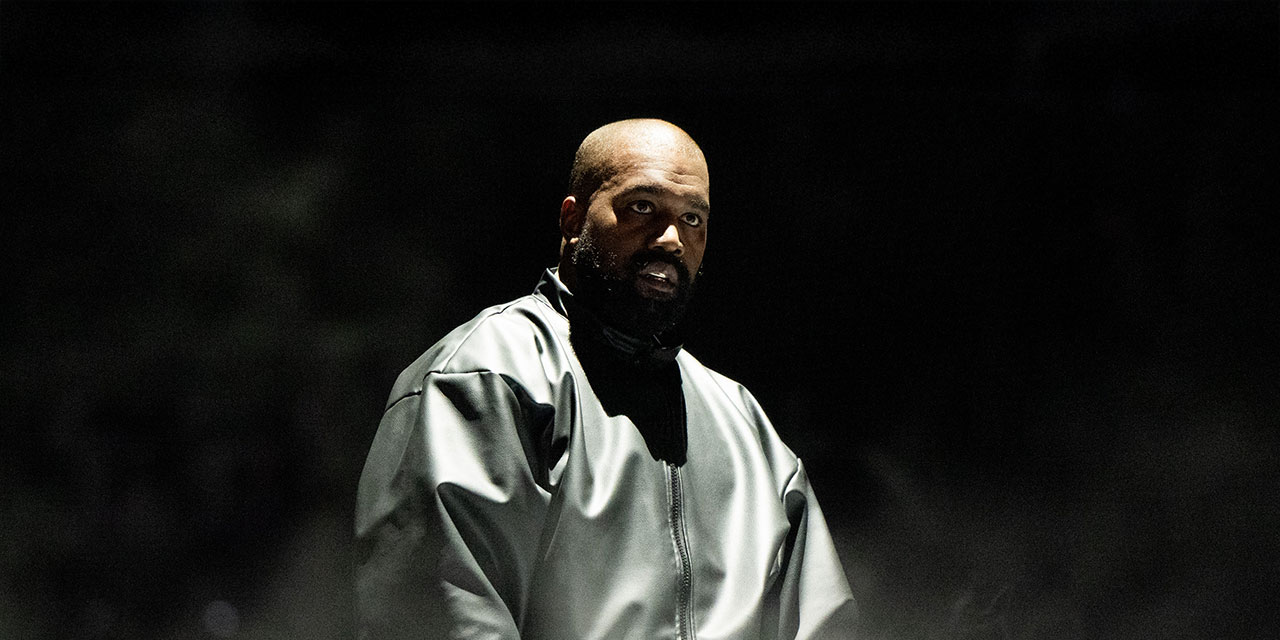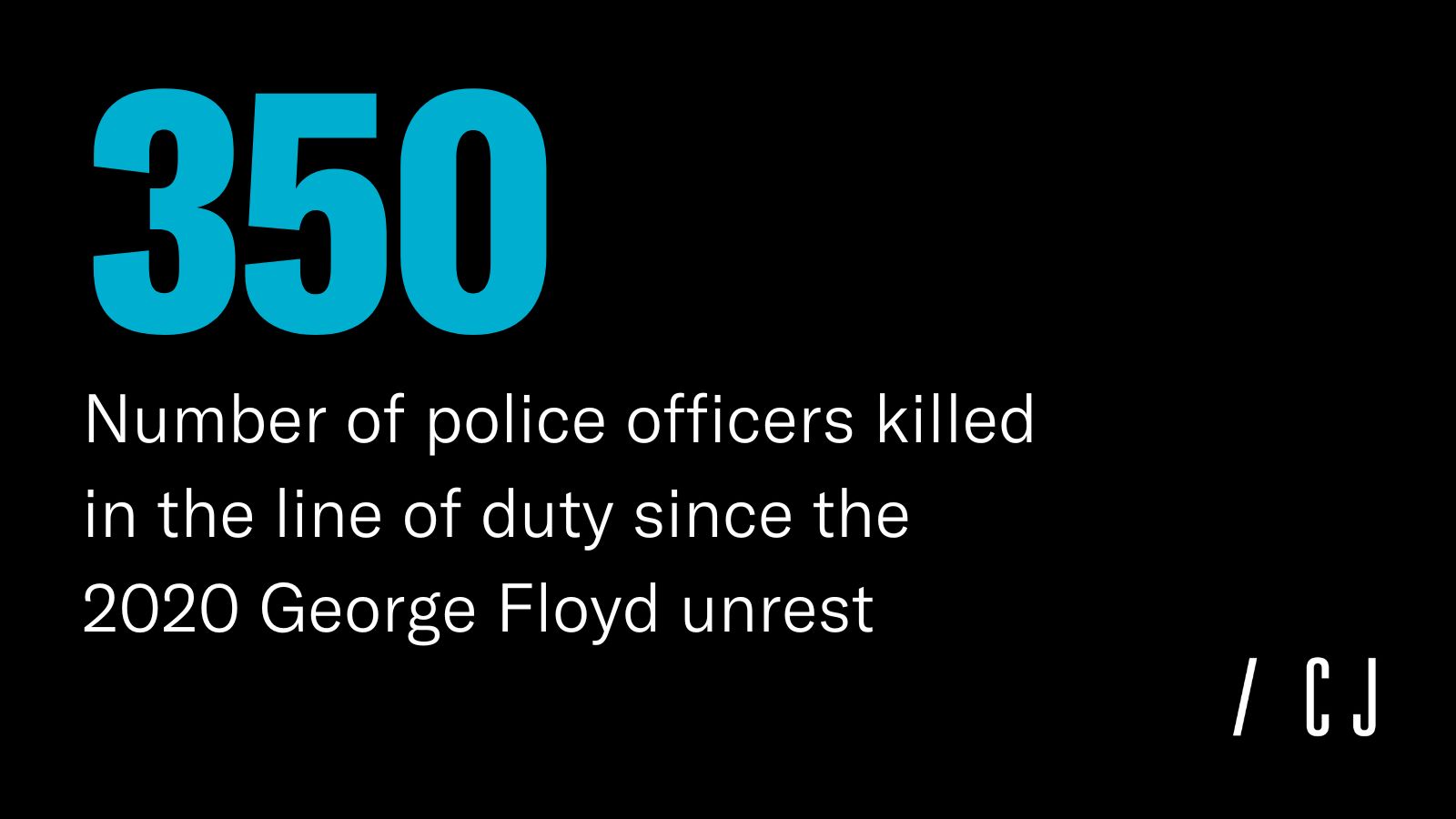|
Forwarded this email? Sign up for free to have it sent directly to your inbox. |
|
|
Good morning,
Today, we’re looking at how anti-Semitism has moved online, finding a way out of the rent control mess, Jay Bhattacharya’s confirmation hearing, the death of a child in a homeless shelter, and prostitution in New York City.
Don’t forget to write to us at editors@city-journal.org with questions or comments. |
|
|
Since Hamas launched its terror campaign against Israel in 2023, a new anti-Semitism has taken shape, promoted by online influencers.
“Several influential online commentators—most notably, Kanye West, Candace Owens, and Andrew Tate—have used the attention around October 7 to push conspiracy theories and, especially in West’s case, outright anti-Semitism, on podcasts and social media platforms, ostensibly from a ‘right-wing’ perspective,” writes Manhattan Institute Senior Fellow Christopher F. Rufo. “The Internet rewards scandal, shock, and virality, and conspiracy theories enjoy burgeoning market demand.” Jews understandably fear that such ideas will continue to spread from the Internet to the real world and lead to more violence, Rufo writes. The Right needs to reject these poisonous ideologies and those who spread them. Read his take here. |
|
|
Rent control has long been a disaster for New York City, reducing housing supply and driving small landlords to the financial brink—but full repeal remains politically infeasible. Ali Haberman and Max Raskin propose a practical alternative: allowing landlords to decontrol just one unit per year. This gradual approach would ease the city out of its self-imposed housing shortage while maintaining stability for renters. Read about their proposal here.
|
|
|
At Jay Bhattacharya’s NIH confirmation hearing last week, many of the Democratic senators who once attacked his views had nothing to say about Covid lockdowns, mandates, or their own pandemic misjudgments. Their silence signals a quiet surrender in the Covid policy wars. John Tierney breaks it down here. |
|
|
A four-year-old boy’s death in a New York City shelter raises troubling questions about oversight failures in the city’s child-welfare and homeless services. The boy’s parents had long criminal records and histories of drug use, yet neither of these red flags was enough to open an investigation, according to the Administration for Children’s Services. Naomi Schaefer Riley examines why the warning signs were missed—and what must change.
|
|
|
Prostitution is surging on New York City streets again. With the state’s change of approach—criminalizing the purchase, rather than the sale, of sex—prostitution-related arrests have dropped dramatically.
“The decline in prostitution prosecutions comes amid a broader collapse in proactive policing, driven by limitations on the use of stop-and-frisk, the decriminalization of public drinking and urination, and the elimination of cash bail for almost all crimes,” writes Seth Barron, author of the forthcoming book Weaponized. “In the name of protecting ‘vulnerable populations,’ the Left has made New Yorkers more vulnerable to crime and disorder.”
|
|
|
“As someone who likes lines, symmetry, and organization, there are aspects of brutalist architecture that I can very much appreciate, but there is also something inhuman, depressing, and soul deadening about it. Winter weather really brings out the negative features of it, in my experience.”
|
|
|
Photo credits: Scott Dudelson / Contributor / Getty Images Entertainment via Getty Images |
|
|
A quarterly magazine of urban affairs, published by the Manhattan Institute, edited by Brian C. Anderson. |
|
|
Copyright © 2025 Manhattan Institute, All rights reserved. |
|
|
|




